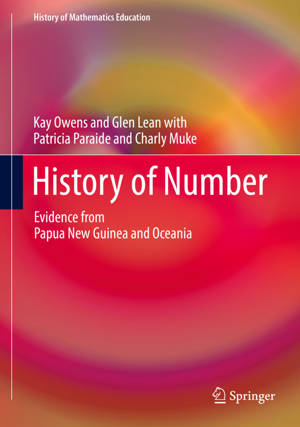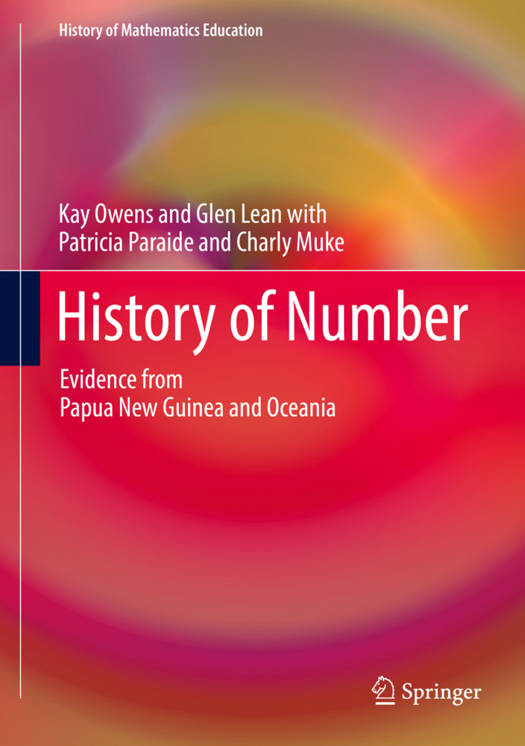
- Retrait gratuit dans votre magasin Club
- 7.000.000 titres dans notre catalogue
- Payer en toute sécurité
- Toujours un magasin près de chez vous
- Retrait gratuit dans votre magasin Club
- 7.000.000 titres dans notre catalogue
- Payer en toute sécurité
- Toujours un magasin près de chez vous
History of Number
Evidence from Papua New Guinea and Oceania
Kay Owens, Glen Lean, Patricia Paraide, Charly Muke
137,45 €
+ 274 points
Format
Description
Details number systems other than base 10 systems
Outlines global perspectives on the history of mathematics education
Integrates sociological approaches into mathematics education to enhance learning
Outlines global perspectives on the history of mathematics education
Integrates sociological approaches into mathematics education to enhance learning
Spécifications
Parties prenantes
- Auteur(s) :
- Editeur:
Contenu
- Nombre de pages :
- 461
- Langue:
- Anglais
- Collection :
Caractéristiques
- EAN:
- 9783319454825
- Date de parution :
- 08-11-17
- Format:
- Livre relié
- Format numérique:
- Genaaid
- Dimensions :
- 178 mm x 254 mm
- Poids :
- 1061 g







